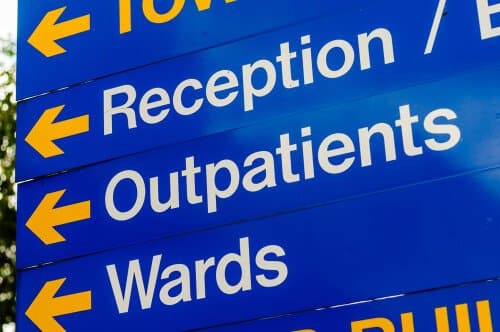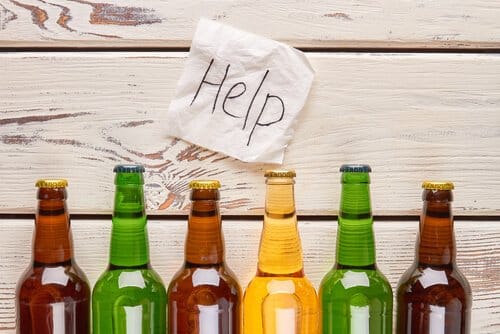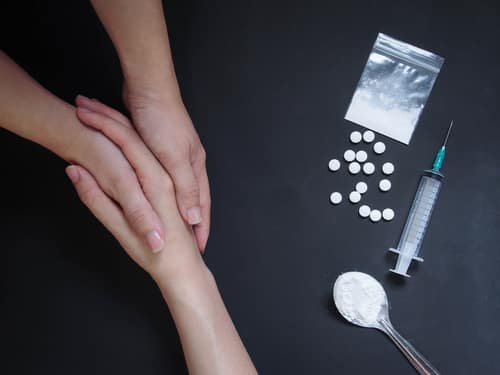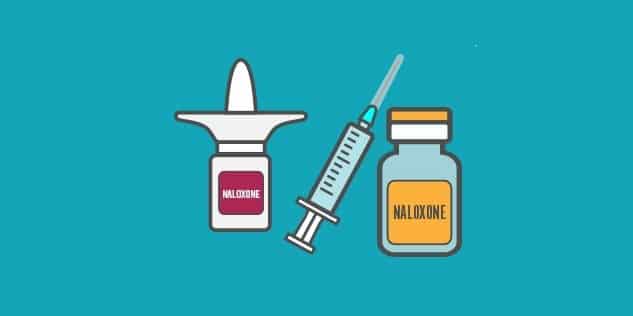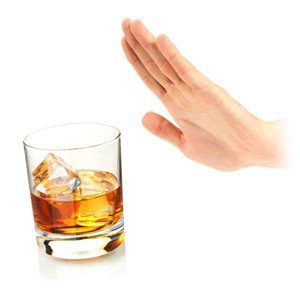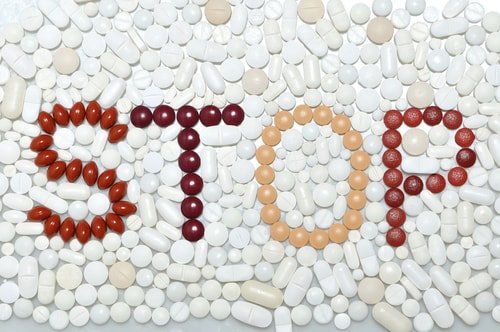Ambulatory, Outpatient Addiction Treatment

Ambulatory or outpatient treatment does not involve an overnight stay at a treatment facility, but it can provide effective outpatient rehab in New Jersey. Outpatient or ambulatory care takes place at a facility that specializes in treating substance use disorders. Treatment at outpatient rehabs in New Jersey can accommodate the needs of acute withdrawal while also providing maintenance substance use disorder treatment.
Less Disruptive and More Effective at Lower Cost
Outpatient treatment for addiction is more convenient to patients because it does not uproot them from the home environment in order to access treatment. Ambulatory or outpatient detox and outpatient rehab in New Jersey is easily accessible and helps reduce the stigma associated with the disease of addiction because it normalizes the disease.
Other chronic diseases, like diabetes or even contagious HIV, do not require constricting inpatient treatment, but for addiction, inpatient detoxification and rehabilitation is the default modality of treatment, which only serves to perpetuate the stigma associated with the disease.
Benefits of Ambulatory Outpatient
Ambulatory, or outpatient addiction treatment is also effective because it incorporates the home environment into treatment instead of isolating the individual suffering from his or her living environment. Individuals suffering from addiction have to learn to live sober in their home environment eventually, and in outpatient treatment, learning skills to live sober in the home environment starts on day one of treatment.
Well over 95% of patients go through inpatient detoxification and rehabilitation, which has so far delivered abysmal results. The national overdose death rate turned down in 2018 only with the wider availability and acceptance of outpatient treatment for addiction.
Among other benefits, outpatient rehab in New Jersey tends to cost less to the patient, as co-pays and deductibles are minimal in for in-network facilities such as CNT, and they are less expensive as overnight stay is eliminated. Private Health Insurance providers usually cover the cost of care, after co-pays and deductibles are met.
Most private health insurance providers prefer that the individual suffering from substance use disorders access outpatient care first. This is because outpatient treatment is usually more effective and the cost to the payor is less. With the emergence of outpatient detoxification for the most acute level of care for substance use disorders, inpatient treatment is losing its relevance.
Ambulatory Outpatient Care Settings

DOCTOR’S OFFICE
Patients visit a ASAM Certified Addiction Medicine Expert in order to get an evaluation and determine level of care. If the physician determines that the patient is not in need of any intense level of treatment and can be treated at the doctor’s office with therapy and supportive medication, care can continue at the office. Otherwise, the patient is referred to a higher level of care at a facility. Although a physician’s office is an outpatient setting, detoxification is not performed at the office as it requires extended monitoring and a stock of detox-related medications, which, usually, is not stocked in a doctor’s office.
OUTPATIENT FACILITIES
Some programs offer non-acute levels of addiction treatment in an outpatient setting. Usually, these facilities offer IOP (intensive outpatient) and PC (partial Care) programs at these facilities. These are stand-alone facilities that specialize in substance abuse treatment. PC is a sub-acute level of acre and it is step-down level of care from detox (the most acute level of care). Programming is usually 5 days a week on weekdays and lasts about 5 hours each day. IOP programs are a step-down from PC level of care. They usually run 3 times a week and they last about 3 hour each day. After a patient completes the IOP level of care successfully, they are usually referred out to either an ASAM certified physician, Board Certified Psychiatrist or a Licensed Therapist, such as an LCSW, LCADC, for continued outpatient therapy and medication management.
Outpatient Detoxification and Rehabilitation Facilities

Ambulatory Detox sometimes referred to as Outpatient Detox, is a relatively new level of care. While the treatment is the same as in an inpatient facility, patients get to go home at the end of the day after spending an extended period of time at the facility during the day under medical supervision and while being administered detox-related medications. Ambulatory Detox helps it more easy to access detoxification treatment as the patient does not have to leave the home environment to access addiction treatment. The Center For Network Therapy is a pioneer in offering Outpatient Detoxification from all substances – alcohol, anesthetics, benzodiazepines and opiates. By offering outpatient rehab in New Jersey, CNT has expanded treatment options for New Jersey residents. America’s leading addiction medicine expert is CNT’s Medical Director and she has been awarded by the Addiction Boards for innovating to the Ambulatory Detox level of acre and proving it to be safe and effective.
Related Articles
What You Need to Know About Intensive Outpatient Programs

